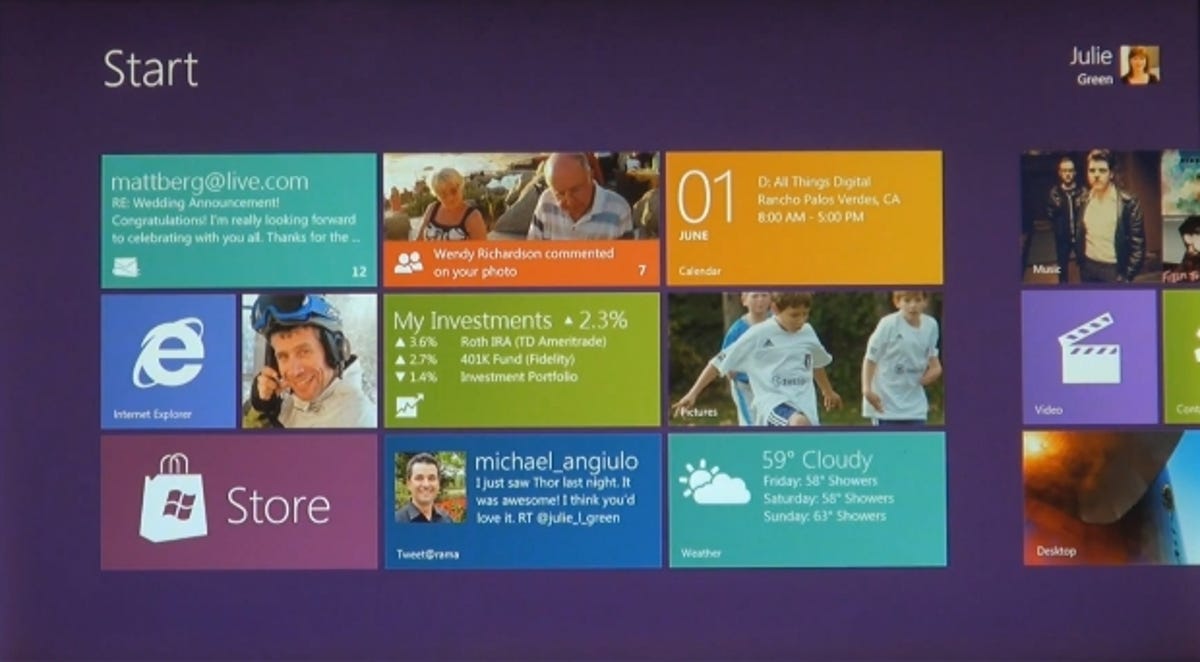
Windows Phone
apps could run on Windows 8. That’s according to the boss of chipmaker Nvidia, and it’s very good news for app-makers who want their apps to reach a bigger audience.
If apps built for phones also work on computers, it means they’ll reach a much bigger audience — even Microsoft boss Steve Ballmer admits Windows Phone is ‘very small’. Windows Phone phones make up less than 2 per cent of the smart phone market, a drop in the ocean compared to the number of Android phones and iPhones jiggling about in people’s pockets around the world.
Part of the reason for that low number of Windows Phone users is that there aren’t enough apps compared to rivals — because there aren’t enough Windows Phone users to sell apps to. It’s a vicious circle! But make Windows Phone apps compatible with the 400 million Windows computers sold every year and both problems are solved at a stroke.
Other possible boosts to Windows Phone will come from the arrival of Nokia Windows Phone before the end of this year, and the long-awaited arrival of Windows-based tablets.
Both Microsoft and Apple have absorbed features from their mobile software into their desktop operating system, with Apple’s Lion borrowing ideas from iOS for the iPhone and iPad. But while Apple is scaling up phone software to tablet size, Microsoft plans to run the desktop Windows 8 software on tablets.
Tegra-tattooed Nvidia boss Jen-Hsun Huang should be in the know: Nvidia makes ARM-based processors for phones and tablets, and Windows 8 will be the first version of Windows to support ARM chips.
Microsoft has previously hinted that desktop and mobile software would one day merge into one. The boys and girls at Redmond are reportedly working on a project to do just that, called Jupiter.
We’ve seen the Windows Phone-influenced colourful tiles of Windows 8 in screenshots, but we’ll get a proper look at Microsoft’s Build developer conference later this month. In the meantime, Microsoft is offering a glimpse of the design process in a new Windows 8 official new blog.
Also in the interview with our US bros at CNET News, Huang said Android tablets will make up half of the market in four years, while cheaper netbook-type devices will win against more expensive Ultrabooks.



